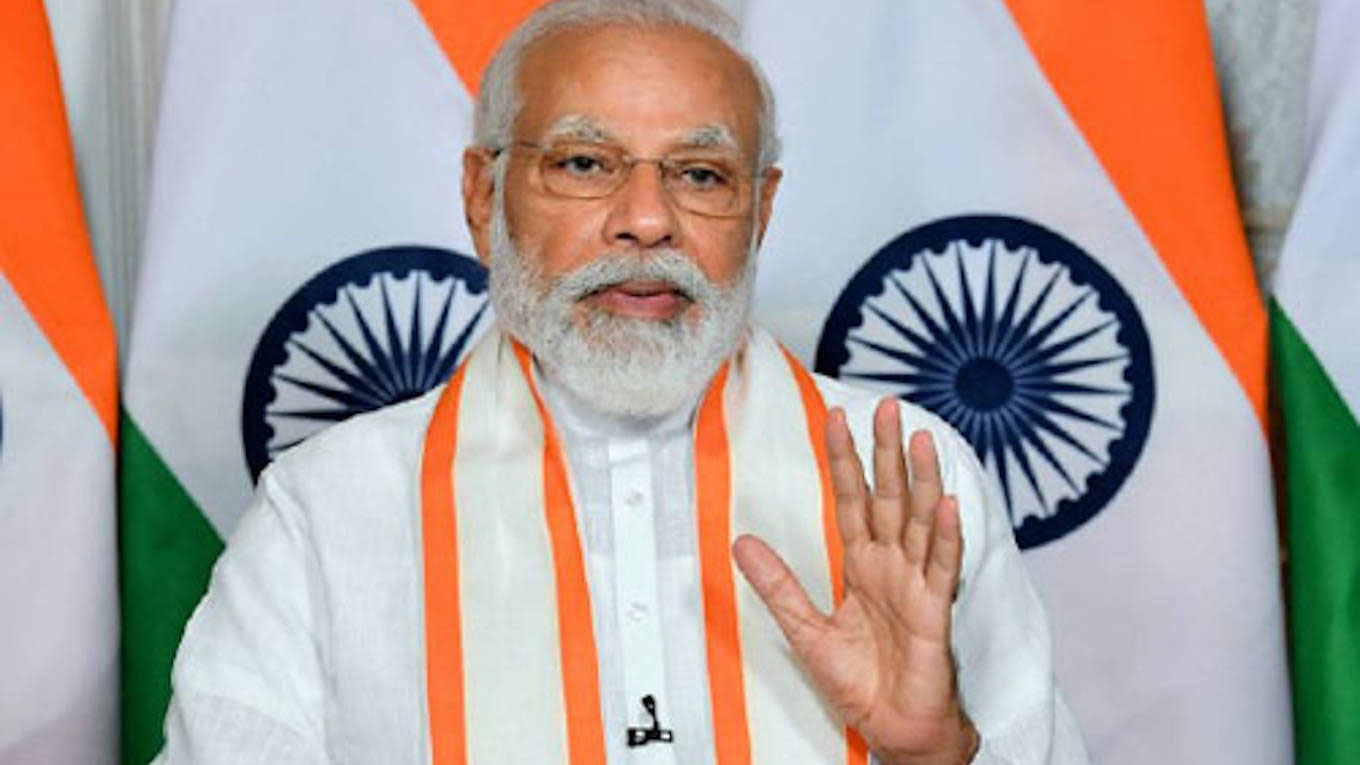Prime Minister Narendra Modi is reported to have flagged the slow progress on the bullet train project in Maharashtra and the failure of some states to enrol street vendors for the PM-SVANidhi micro-finance scheme. In fact, Andhra CM Jagan Reddy has gone a step ahead and renamed the PM-SVANidhi after himself. The Centre’s unhappiness with some states not co-operating with Central schemes underscores the importance of better Centre-state relations. In the past too, differences of opinion have always persisted between Centre’s developmental vision, which is generally holistic, and state governments, which have their own local imperatives and funding priorities. Politics also plays its part, with states governed by parties different from the Centre more likely to voice objections. The bullet train impasse stems from the Maha Vikas Aghadi government unwilling to expend political capital on the project, over which the alliance partners had expressed misgivings while in Opposition. Frequent run-ins between BJP and MVA constituents aren’t helping either. Critics have panned the project as a case of misplaced priorities, though China has proved how an extensive network of bullet trains can speed up its growth. Unfortunately, the blame lies with the politics of demonisation, which no side is immune from. Though the Modi government and the ruling Bharatiya Janata Party may not like the comparison, the enviable bullet train network across China’s length and breadth and India’s snail paced progress on Mumbai-Ahmedabad high speed rail corridor could be used as metaphors for the development trajectory of the two countries. Another scheme – and, that too, a Centrally sponsored one – that could meet the same fate is the Jal Jeevan Mission, which involves pumping massive finances into achieving universal access to safe and secure drinking water in rural areas, otherwise a domain of the states. JJM presents an opportunity to get states on board for a dialogue towards stronger Centre-states coordination. This is a critical issue. A NITI Aayog report says that 21 major cities are expected to run out of groundwater as early as 2020, which may affect nearly 100 million people. Moreover, the 2030 Water Resources Group projects a 50 per cent gap between demand and supply by 2030. Jal Jeevan Mission In August 2019, the Modi government launched the Jal Jeevan Mission aimed at providing potable water at service level of 55 litre per capita per day to every rural household through Functional Household Tap Connection by 2024. The fund-sharing pattern between the Centre and the states is 90:10 for Himalayan and North-Eastern states, 50:50 for other states, and 100 per cent for Union Territories. JJM involves large-scale intergovernmental transfers to states at a proposed outlay of Rs3.6 lakh crore (Centre and states together) over the next five years. In terms of the numbers, this is perhaps the largest Centrally sponsored scheme so far – larger than even the MGNREGA or the PMGSY (rural roads scheme).
-

Modi: unhappy with states

































